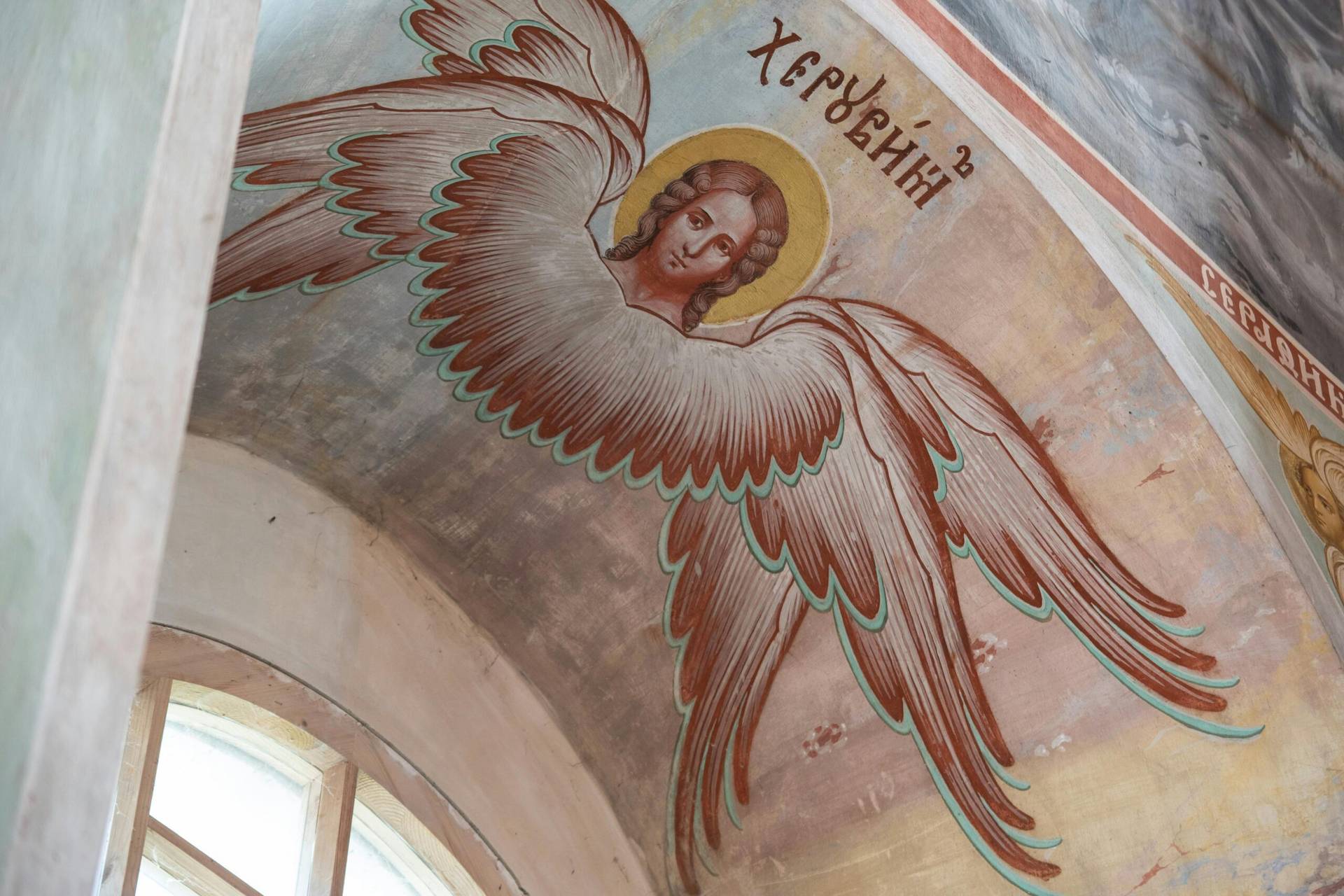When Pope Francis announced the appointment of five new cardinals on Sunday he continued his surprising style of choosing cardinals from the periphery.
Ines San Martin has commented on the five choices here, and while the pope’s radical selections are fascinating, the real reason for his choice of minority voices is worth pondering further.
The five new cardinals are Bishop Gregorio Rosa Chávez, auxiliary bishop of San Salvador in El Salvador; Archbishop Jean Zerbo, of Bamako, Mali; Bishop Anders Arborelius, of Stockholm, Sweden; Archbishop Juan José Omella of Barcelona, Spain; Bishop Louis-Marie Ling Mangkhanekhoun Apostolic Administrator of Vientiane, Laos.
In four out of the five, Pope Francis has chosen the unexpected candidate. Chávez is an auxiliary bishop, the first cardinal from El Salvador, but promoted over his own archbishop. That’s unusual.
Jean Zerbo is an Archbishop in Mali. He is the first cardinal from that predominantly Muslim country.
Arborelius is the first cardinal from Sweden, where there are so few Catholics that there is only one diocese for the whole country. A convert, the Swedish bishop is also the first ethnic Swede to be a Catholic bishop since the Reformation.
Mangkhanekhoun serves a tiny minority in a country dominated by Communism. The Catholics number only 46,000— less than one percent of the total population. San Martin reports, “There are no dioceses in the country, only apostolic vicariates, and around the country there are 67 Catholic parishes, tended by 17 priests.”
When we consider the other cardinals created by Francis, a definite trend emerges. He has created 61 cardinals, sixteen from countries that have never had a cardinal before.
Many of the other choices are also from the global South, Asia and Oceania. This pope from a distant country clearly believes that the apostles were sent to “the uttermost parts of the earth.”
Francis is determined to listen to the lowly. In his first consistory in 2014 the pope named nineteen cardinals.
Among them were prelates from Ivory Coast, South Korea, Burkina Faso and Haiti.
In his 2015 consistory new cardinals hailed from from Vietnam, Myanmar, Thailand, Panama, Cape Verde, Tonga and Mozambique. The next year he drew into the college of cardinals bishops from Bangladesh, Mauritius, Papua New Guinea, Malaysia, Lesotho and Albania.
What is the pope up to? Is he simply trying to broaden the college of cardinals to make it reflect the global reach of the Catholic Church? Is he trying to make the church more democratic and representative?
If so, it would seem strange to grant the same voting power to a national church that is numerically tiny as to a church that has far greater numbers.
The Church in Tonga, for example, has fewer than 15,000 Catholics. Some parishes in the United States probably have more members. Giving the church of Tonga their own cardinal is hardly a way to make the College of Cardinals more democratic and representative.
While one welcomes the appointment of a Swedish convert as a cardinal, one wonders if it is fair that a country with only 150,000 Catholics warrants their own elector in the College of Cardinals.
Every pope is unfairly accused of stacking the deck when appointing cardinals. Cynics assume that popes only appoint men who will continue their policies, and that whichever cardinal is elected as his successor will move the church in the same direction. History has shown this to be a shallow assessment.
Pope St. John Paul II was widely perceived as a conservative, but the cardinals he appointed were not all yes men eager to conform to his agenda. Likewise the “conservative” Benedict XVI appointed cardinals with a wide range of experience and opinions.
We should look behind the idea that Francis’s appointments are an attempt to democratize the church or perpetuate his own personal agenda.
Instead they are consistent with the underlying theme of his pontificate. When he was elected his friend Cardinal Hummes of Brazil reportedly said to him, “Do not forget the poor people.”
Francis’s choices for cardinal are part of his whole vision. His mission is not simply a shallow attempt to be kind, help the poor and make the world a better place.
Any good hearted person can give the poor a handout. Instead the pope sees the poor through the prism of the Beatitudes. The marginalized, the minorities, prisoners, refugees and the neglected are the blessed ones.
Furthermore, it is from the ranks of the lowly that the church is constantly renewed in every age. When we read church history, from the beginning the gospel took root among the slaves, the cast offs, the poor and destitute in society.
It is there that the great apostolic works were accomplished and the church renewed. It is from that foundation that the fresh shoots of renewal spring forth.
Genuine renewal does not happen from the top down. Renewal does not happen because of a new diocesan initiative, a curial appointment or a theological working party.
In the church, renewal happens at the ground level. Genuine renewal is always local. It begins small with the small people in a small way.
This is why Francis is bringing the leaders of the minority churches into the heart of Rome.
He sees that it is from their experience on the front lines—in the slums of El Salvador, as a minority in a Protestant country, from an island nation in the Pacific or from a persecuted church in a Muslim or Communist controlled land, that the gospel message is vital, real and dynamic.
In other words, Francis’s choices for the college of Cardinals reflects the Annunciation—in which a lowly girl from Nazareth was chosen to be the Mother of God. And as such his choices echo Mary’s Magnificat: “He has put down the mighty from their seat and has exalted the humble and meek.”

















